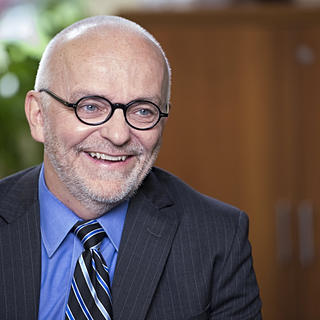5 (more) ways to help your kid get the most from counseling
- Jeff Wilson
- Sep 20, 2020
- 2 min read
Help counseling be a safe place.

Picking up from where the last post left off, don't tell...
6. But do listen
When you child does talk about anything, listen and I mean really listen and let them know you’re listening. Validate them and affirm how they’re feeling. Resist the urge to fix their problems or tell them they shouldn’t feel a certain way. One of the hardest things for a parent is to see their child hurting but it’s important to be able to be present with your child in whatever they’re feeling. Listen as long as they’ll talk and sit with them as long as they’ll sit, even if the sitting is in silence.
7. Invite the village -- include your child's therapist, school counselor, paraprofessional, and anyone else who might have a piece of the puzzle.
As your child’s therapist, I’ll likely see them for an hour a week. That leaves 167 hours a week they’ll be with you or a teacher, a coach, and others. I regularly collaborate with parents and the other people who know and care for your child. Maybe I shouldn’t be, but I’m still shocked when I talk with a school counselor about a kid and they tell me in that in their twenty-some years as a school counselor, I’m the first therapist they’ve talked to.”
8 . Confide in your child's therapist
Talk to me. Let me know what’s going on at home, in school and elsewhere. Be willing to be as vulnerable with me as you hope your kid is. Kids are like watercolors. Anything going on around them fades onto them. If I know what stresses are in the home – good and bad – it helps me connect with your child. It helps me know what doors they’re most apt to walk through once they’re opened.
9. Ask your child's therapist what you can do to help
The parents of the kids I see know they’re going to get this whether or not they ask. Therapists don’t replace parents. Therapists are facilitators and occasionally tour guides but kids are on the journey with their parents. A lot of good stuff happens in session but I know from experience that the therapeutic process continues between sessions. That’s where active, involved and caring parenting makes a huge difference.
10. Pay attention to the positive
Notice every good thing and every positive change. You don’t have to make a big deal out of everything but just noticing and acknowledging growth makes a huge difference for a kid. Even when your kid’s best effort falls short, recognize the effort. Scary but true, people pretty much only do what they want. We need to help our kids want good things for themselves.
That's it for now. I'll pass along more tips as they come to me. Or as the kids tell them to me.



Comments